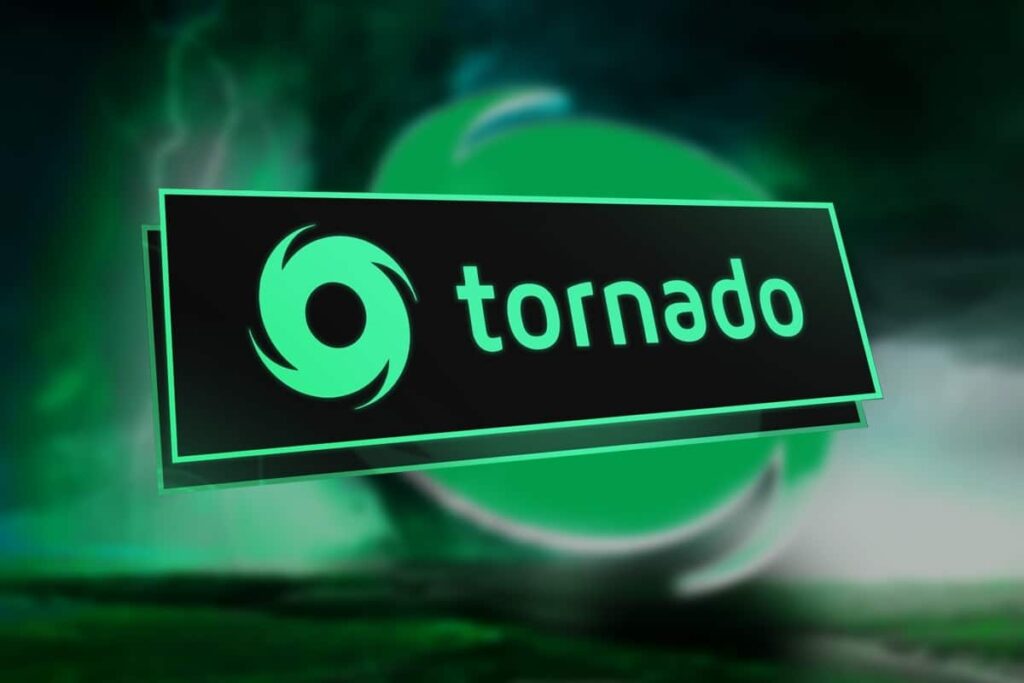Tornado Cash smart contracts are ruled not property by a U.S. court, lifting sanctions enabling U.S. citizens to resume use.

A U.S. appeals court has ruled that the Treasury Department’s Office of Foreign Assets Control (OFAC) overstepped its authority by sanctioning Tornado Cash’s immutable smart contracts.
This landmark decision removes the smart contracts from the sanctions list, allowing U.S. citizens to use the Tornado Cash protocol again.
Court Rules Tornado Cash Smart Contracts Not Property
On November 26, the Fifth Circuit Court of Appeals determined that OFAC acted unlawfully in its sanctions against Tornado Cash.
The court ruled that Tornado Cash’s immutable smart contracts, as open-source code, cannot be classified as property subject to ownership or control by any individual or entity.
“We hold that Tornado Cash’s immutable smart contracts (the lines of privacy-enabling software code) are not the ‘property’ of a foreign national or entity,” the three-judge panel stated in the decision.
The court clarified that under the International Emergency Economic Powers Act (IEEPA), OFAC can only sanction property that is owned or controlled by foreign individuals or entities. Since Tornado Cash’s smart contracts are autonomous and lack ownership, they do not fall under OFAC’s jurisdiction.
As a result, the court ordered a Texas district court to grant a motion for partial summary judgment in favor of the plaintiffs, led by Joseph Van Loon, who challenged the sanctions.
Crypto Community Welcomes the Ruling
Privacy advocates and the crypto industry, including Coinbase, have celebrated the decision. Paul Grewal, Coinbase’s Chief Legal Officer, described it as a significant victory for the sector. In a social media post, Grewal said:
“These smart contracts must now be removed from the sanctions list, and U.S. persons will once again be allowed to use this privacy-protecting protocol.”
Grewal also highlighted the importance of balancing the prevention of illicit activity with protecting innovation.
He argued that banning open-source technology due to misuse by a small group of users exceeded the Treasury’s authority. The ruling, he added, underscores the need for regulation that safeguards innovation without overreach.
Implications for Open-Source Technology
This decision could have far-reaching implications for how open-source protocols are treated under U.S. law.
By ruling that Tornado Cash’s smart contracts are not property, the court affirmed the autonomy of open-source software, distinguishing it from entities that own or control assets.
This precedent may influence future cases involving open-source technologies as the crypto industry continues to advocate for clear and fair regulatory approaches that support innovation.
